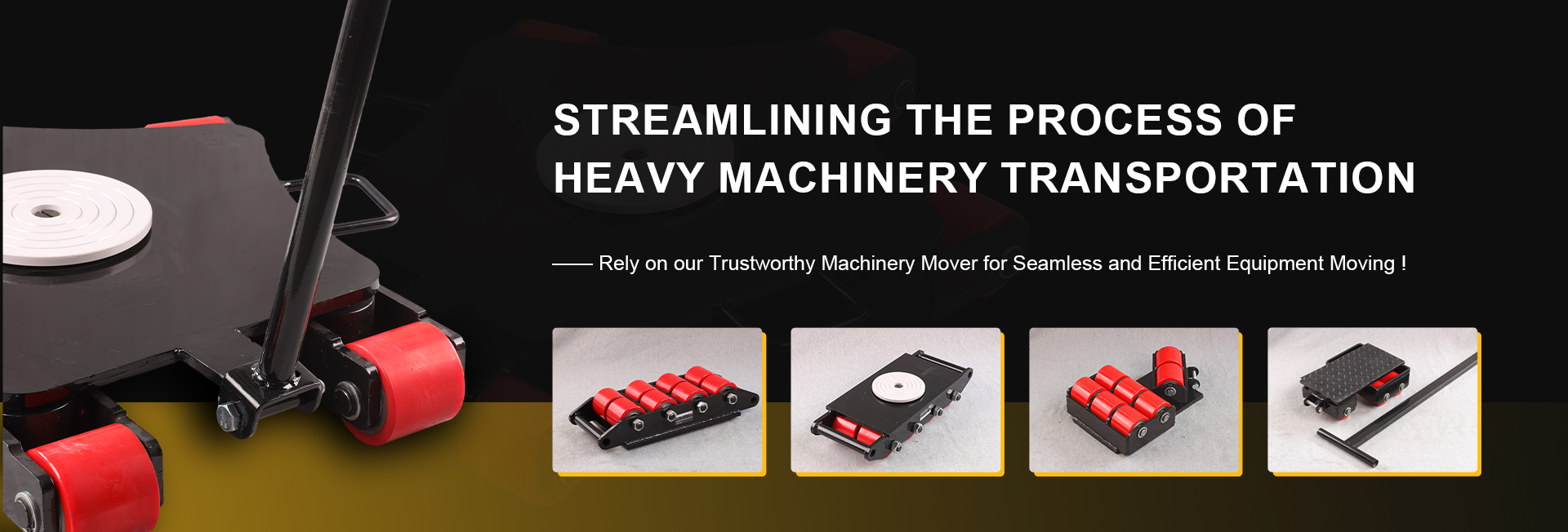Exploring Innovative Solutions for Efficient Transportation Using Shipping Container Roller Technology
Understanding Shipping Container Rollers A Key Component in Logistics and Transport
Shipping containers have revolutionized the way goods are transported across the globe. These robust metal boxes serve as the backbone of international trade, allowing for efficient shipping via land, sea, and rail. However, the logistics of moving these containers are complex and require specialized equipment. One such essential component in this process is the shipping container roller.
Shipping container rollers are mechanical devices designed to facilitate the movement of heavy containers. They are particularly useful in scenarios where containers need to be moved in and out of transport vehicles, loading docks, or warehouses. This article explores the importance, types, benefits, and applications of shipping container rollers in the logistics industry.
The Importance of Shipping Container Rollers
As the demand for containerized shipping has surged, logistics companies have had to adopt innovative handling equipment to ensure the smooth flow of operations. Shipping container rollers play a critical role in reducing manual labor and minimizing the risk of injury. They enable workers to move heavy containers quickly and safely, thereby increasing operational efficiency.
Types of Shipping Container Rollers
There are various types of container rollers available in the market, each tailored to specific applications
1. Manual Rollers These are typically lightweight and designed for small-scale operations. They require manual effort to move containers but are cost-effective for companies dealing with a lower volume of shipments.
2. Electric Rollers For larger operations, electric rollers provide an automated solution, greatly reducing the physical strain on workers. They come equipped with powerful motors capable of moving multiple containers with ease, making them ideal for busy logistics hubs.
3. Hydraulic Rollers Designed for heavy-duty applications, hydraulic rollers utilize hydraulic systems to lift and move containers smoothly. They are particularly useful in environments where containers are frequently loaded onto trucks or shipped overseas.
4. Container Transport Rollers These specialized rollers are utilized to transport containers over long distances, whether it be within a port or to a nearby warehouse. They come with robust wheels and structures to handle the weight of containers and provide stability during transit.
shipping container rollers

Benefits of Shipping Container Rollers
The advantages of employing shipping container rollers are manifold
- Increased Efficiency They significantly speed up the loading and unloading process, enabling logistics companies to handle more shipments within the same time frame.
- Safety By reducing the physical effort required to move containers, roller systems help minimize workplace injuries, contributing to a safer working environment.
- Cost-Effectiveness Although there is an upfront investment in roller systems, the long-term savings on labor costs and enhanced operational efficiency often outweigh these initial expenses.
- Versatility Rollers can be used with various types of containers and in different settings, providing flexibility in logistics operations.
Applications in the Logistics Industry
Shipping container rollers are widely used in several sectors, including
- Shipping Ports For quick movement of containers from ship to truck or train. - Warehousing To streamline the storage and retrieval of containers. - Construction Sites For transporting materials in shipping containers. - Distribution Centers To facilitate the handling of goods before they are dispatched to retail outlets.
In conclusion, shipping container rollers are an indispensable part of the logistics and transport sector. By enhancing the efficiency and safety of container handling, these rollers are essential for meeting the demands of a rapidly evolving global market. As technology continues to advance, we can expect further innovations in roller systems that will continue to improve logistics operations worldwide.
-
the-power-of-trolley-cargo-and-machinery-moving-solutionsNewsAug.22,2025
-
exploring-magnetic-lifting-devices-for-efficient-steel-plate-handlingNewsAug.22,2025
-
the-essential-guide-toportal-craneNewsAug.22,2025
-
enhancing-efficiency-in-permanent-magnetic-liftersNewsAug.22,2025
-
heavy-duty-machinery-movers-and-material-handling-solutionsNewsAug.22,2025
-
the-comprehensive-guide-to-adjustable-gantry-cranesNewsAug.22,2025
-
The Ultimate Guide to Heavy Machinery Moving EquipmentNewsAug.04,2025
